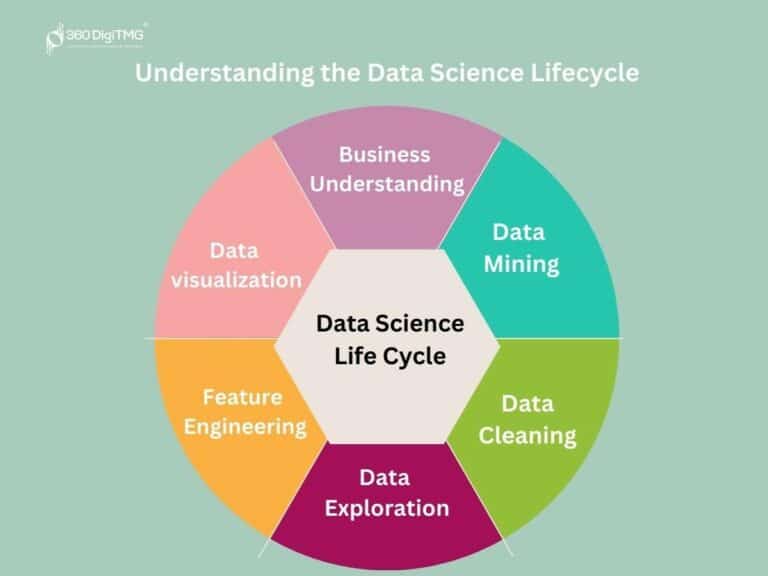Traditionally, the field service industry has followed the break-fix model. That is, acting upon the issue after a customer has reported it. But as the industry and the customer evolve towards a proactive model, the traditional working methods are consistently proving to be inefficient and incompetent. Gone are the days when a customer would wait for 4-5 days for a field service agent to be assigned to resolve an issue.
Today, cutting-edge technologies are driving the excellence of field service management systems, and artificial intelligence (AI) is at the forefront of providing greater efficiency and profitability to field service businesses. AI in field service management holds power to automate time-consuming tasks like collecting data, diagnosing issues, assigning, and scheduling through optimum field service scheduling software. This ensures a standout customer experience by providing quick response time and delivery.
Let’s look at 8 ways AI can help you transform your field service operations:
- Simplifying Tasks
With AI in field service management, field technicians can forget about redundant tasks and focus on the more important ones. Repetitive tasks can be automated using AI-driven field service management systems which means simplified scheduling, thoughtful dispatching, better inventory management, and ultimately lesser workload on technicians.
- Enhancing Efficiency
Removing friction and errors is at the heart of AI-driven field management. Imagine over 1000 service requests a day and only 400 field technicians to manage it with all the complexity and coordination involved. If everything had to be done manually, we inevitably create room for errors and spill over. AI-powered field service management software can provide the workforce with all the required data, resources, and routes to complete a service request in time, followed by automated documentation and communication to further enhance the efficiency of the business.
- Improving Customer Experience
Field service customers appreciate reliability and stability to give repeat business to organizations. Without support, a technician may need to visit the client site multiple times to figure out the issue and tools needed to fix it. Using AI, the workforce can attempt remote support, forecasting, and analyzing connected devices for potential issues using historical data and predictive analytics. The customer can then get a heads up through their field technician expert using chatbots or advanced conversation systems and plan the downtime such that it doesn’t affect their business output. Therefore, it can be safely said that AI is the ultimate solution to improve customer experience.
- Machine-learning Powered Services
When a work order is scheduled in an AI-powered system, assignments are optimized using machine learning to quickly assess multiple factors such as the technician’s proximity to the site, their experience in handling the issue in question, and the customer’s preference. This utilization of Big Data makes real-time scheduling and dispatching possible and predicts and recommends actions for optimal field service management.
- Augmenting Productivity
With streamlined processes and maximized efficiency, there will be an obvious increase in the productivity of the field service workforce. Through simplified tasks, predictive methods of field servicing, and automated processes, scheduling, and managing service requests become much easier and error-free. With the use of AI in field service management, production inputs like labor and capital can be used more efficiently to produce a greater level of output or job completion rate.
- Predictive Maintenance
The industry is headed towards a proactive, predictive model of field service, achieving a near-constant uptime. AI can be used to make just-in-time recommendations using predictive analytics. Predictive maintenance will allow head-on identification of irregularities and focus on pressing issues without troubleshooting and waiting for a solution. It can also help schedule a technician for a site visit to give the customer a heads-up on future problems and preventive actions needed, thereby giving the customer more control over their assets.
- Delivering Personalization
Personalization has inarguably become the biggest differentiator in the eyes of the customer in the field service industry. AI can learn, store, and differentiate between two or more customers’ preferences and behavior. For instance, one customer might prefer technician A over B; another customer might prefer a morning appointment while others may prefer the afternoon, and so forth. It’s all about the efficient use of data for delivering a standout, personalized customer experience from start to finish.
- Favoring Technician Mobility
Due to the recent limitations in face-to-face interactions with the customer, virtual and on-the-go services have gained more importance than ever. With intelligent field management software, technicians can access detailed information anytime, anywhere, on any device with just a few taps. AI’s cognitive capabilities can help technicians prepare and optimize repairs before arriving on-site or resolving them remotely. Technician mobility positively impacts service workflows and is a top field service trend as it allows for maximized output.
Customers today expect speed and accuracy from field service companies. AI-enabled field service businesses can gain a competitive advantage over the traditional break-fix companies by optimizing resources, empowering field technicians and, improving customer experiences. An increase in productivity and profitability is almost certain after powering up your field service management software with artificial intelligence.
Author Bio:
Akhil Rajan is a Customer Success Specialist at Zuper, an intelligent workforce management platform for service-oriented businesses. Working with customers on a daily basis, he has a deep understanding of their needs and pain points and so he is able to contribute to the marketing strategies for Zuper with the content he writes. He writes on topics like how to increase workforce utilization, how to reduce the service turnaround time and increase workforce efficiency, customer adoption, cost reduction strategies, etc – to name a few. He is often found buried in books or playing chess in his free time.












